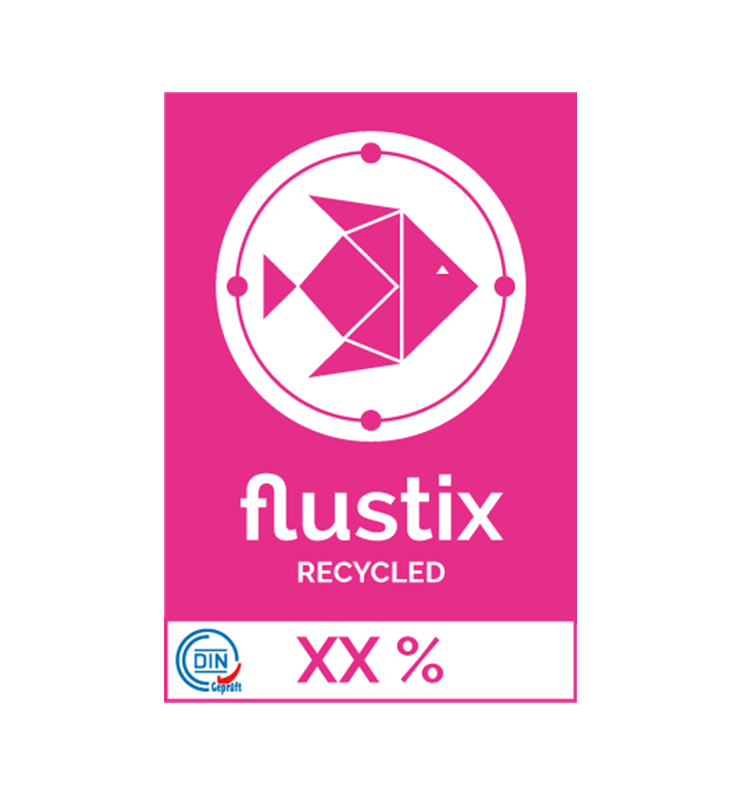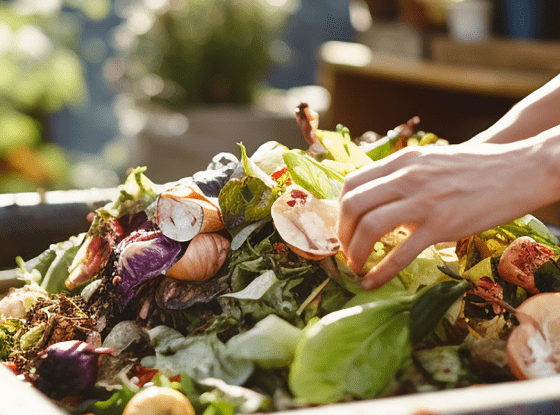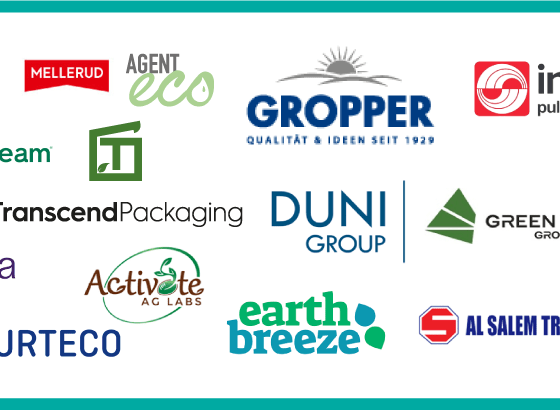Bringing used glass to the container has become a part of everyday life and already seems natural to us. But what actually happens to the valuable materials? One example: a bottle becomes a bottle again – and this will also be visible in the future. With its “Recycled” seal, flustix now certifies not only plastic articles but also bottles, other products made of glass, wood, metals, and building materials that contain recycled materials.
“Consumers have not yet been able to transparently and reliably track which products contain glass or metal recyclates. Yet, these industries have the highest recycling rates. For their sustainable purchases, consumers simply want to know transparently and factually, which products give valuable raw materials a second life and thus reduce the burden placed on the environment,” says Malte Biss, founder and CEO of flustix.
How exactly does this work?
Recyclates themselves and/or any product that contains recycled materials in any amount are checked by flustix’ accredited partner DIN Certco (TÜV Rheinland) through on-site audits. Afterward, the results are independently evaluated. A license, and thus the combined flustix RECYCLED DIN tested seal can only be granted after passing the audit.

The certification is based on the official DIN-EN-ISO standards, in conjunction with additional requirements for toxic substances and origin. The percentage of recycled material used is transparently declared on the seal and the license tracking number.
Even the origin of the recyclates becomes clear: The seal shows whether the recycled material comes from domestic (PCR – Post-Consumer Recyclate) or industrial waste collection (PIR – Post Industrial Recyclate). , the flustix RECYCLED DIN tested seal has been well established for products containing recycled plastic – now it is also available for other valuable materials.
 English
English Deutsch
Deutsch



